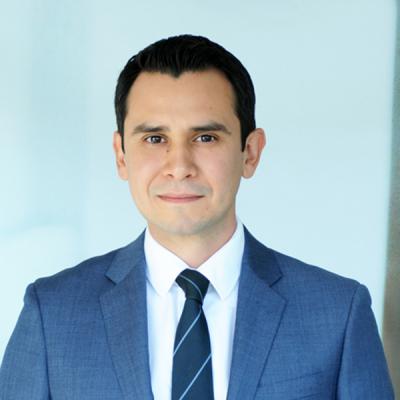Supreme Court Narrows Scope of TCPA in Landmark Autodialer Ruling
In a unanimous decision, the Supreme Court expressly overturned the Ninth Circuit’s decision in Marks v. Crunch San Diego, LLC, by holding, “to qualify as an ‘automatic telephone dialing system’ under the TCPA, a device must have the capacity either to store a telephone number using a random or sequential number generator, or to produce a telephone number using a random or sequential number generator.” See Facebook v. Duguid, 592 U.S. (2021). “Congress’ definition of an autodialer requires that in all cases, whether storing or producing numbers to be called, the equipment in question must use a random or sequential number generator. This definition excludes equipment like Facebook’s login notification system, which does not use such technology.”
Justice Sotomayor wasted no time disposing of the standards set forth by the Second, Sixth, and Ninth circuits. In the first paragraph of the opinion, she wrote: “the question before the Court is whether [the ATDS] definition encompasses equipment that can ‘store’ and dial telephone numbers, even if the device does not ‘us[e] a random or sequential number generator.’ It does not.”
The Court narrowly read the statutory language. Section 227(a)(1) defines an autodialer as “equipment which has the capacity— (A) to store or produce telephone numbers to be called, using a random or sequential number generator; and (B) to dial such numbers.” The Court agreed that a common sense reading of this language confirms that number generation is required: the clause “using a random or sequential number generator” modifies both verbs that precede it (“store” and “produce”). Echoing concerns raised during oral argument, the Court noted the problem with an expansive interpretation: “Duguid’s interpretation of an autodialer would capture virtually all modern cell phones, which have the capacity to ‘store . . . telephone numbers to be called’ and ‘dial such numbers.’”
The opinion should provide relief for many defendants facing potential liability. The opinion should also give the plaintiffs’ bar pause before filing new actions in light of the standard that now applies across the country.

Breaking: SCOTUS Will Decide ATDS Definition in Facebook, Inc. v. Duguid et al.
July 10, 2020| Blog

TCPA Litigation Update — The US Government Sides with Facebook — This Should Make Things Easy for SCOTUS
September 18, 2020| Article

TCPA Litigation Update — Supreme Court Hears Oral Argument on TCPA Autodialer Provision
December 16, 2020| Article
Authors

Joshua Briones
Russell H. Fox
Member
Esteban Morales
Member



